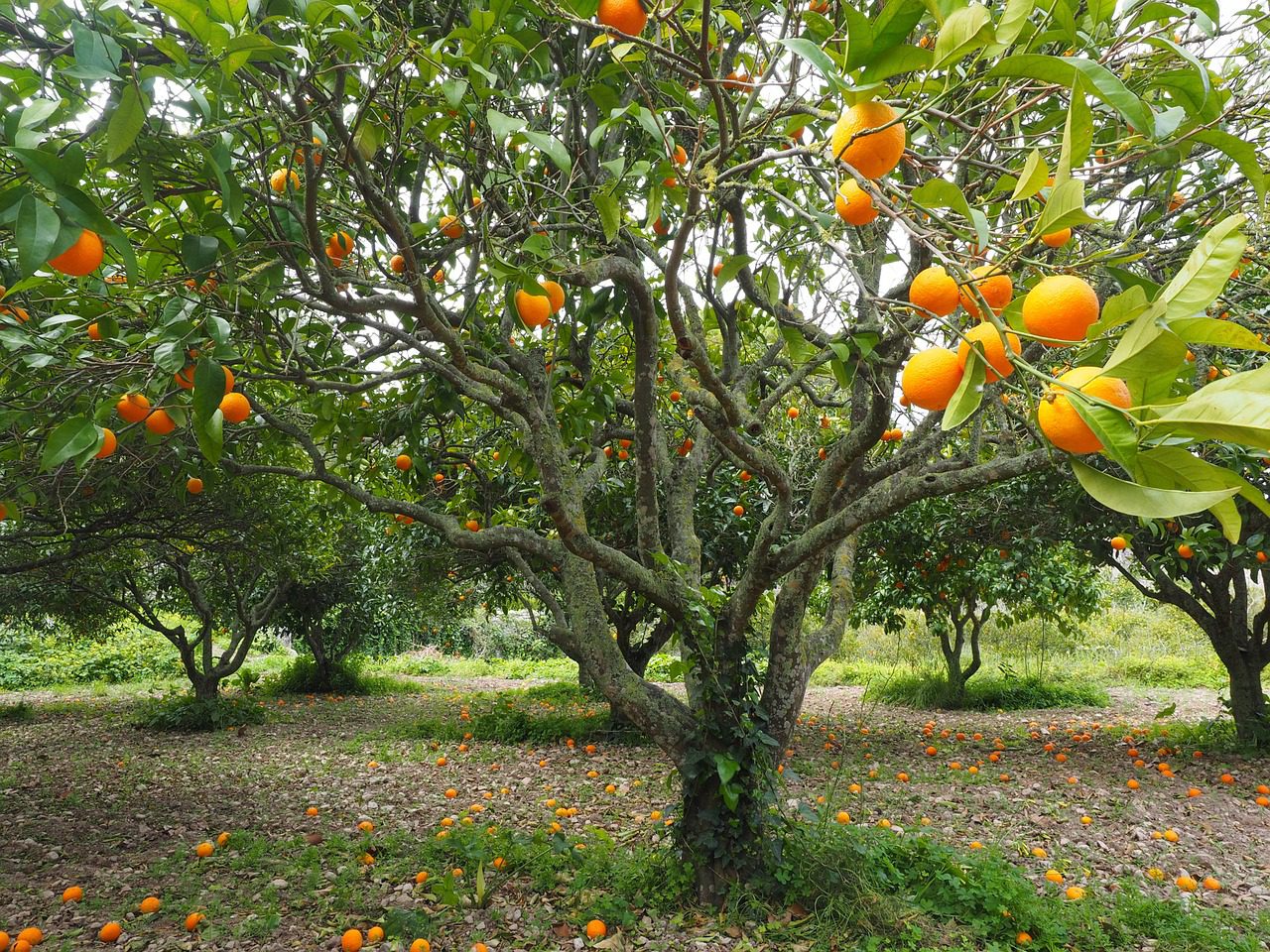CHMAs have been shown to offer benefits, but Florida citrus growers seem reluctant to participate.
In the first half of this two-part blog, we looked at the evidence that proved the effectiveness of Citrus Health Management Areas, or CHMAs, in combating citrus greening, also called HLB. To summarize, the harvests of two similar blocks of citrus in two separate CHMAs were measured for the past seven seasons. Tthe block with a lower grower participation in its CHMA has seen almost a 60 percent drop in production compared with the block with a higher grower participation in its CHMA. So, CHMAs work. However, growers still don’t seem to be jumping en masse onto the CHMA bandwagon. Citrus Industry magazine conducted a survey in April 2016 that revealed some interesting points. Read them summarized below.
Survey of CHMAs
The survey conducted by Citrus Industry magazine was an attempt to gather data about the grower participation in CHMAs, and to see if any patterns emerged that would explain low grower participation rates. Key responses that seemed to explain the phenomena included:
- At the end of 2015, there were 55 CHMAs in Florida, though only 19 seemed to be actively coordinating sprays.
- 123 growers representing 153,278 acres responded to the survey, representing about one third of the total Florida citrus acreage, according to the article.
- 63% of growers responded that they currently participate in a CHMA, while37% of growers stated they do not.
- Of that 63%, only 40% stated they participated in coordinated sprays 100% of the time.
- When asked why they don’t participate 100% of the time, 57% responded ‘because other growers do not participate,’ 50% responded ‘I prefer to spray on my own timing,’ and 19% maintained it was ‘too much effort to coordinate’ sprays.
- Similarly, in identifying the greatest obstacles to increasing the effectiveness of CHMAs, 53% stated ‘neighbors do not participate’ and 42% maintained it was ‘too much effort to coordinate.’
The conclusion is that more growers would participate in CHMAs if they knew that their neighbors were also participating; the statistics show that their neighbor likely is participating, it’s just not perceived to be so. It seems that better communication regarding CHMAS, increased awareness of the benefits of participating, and better tools for coordinating sprays would go a long way to making this useful method more widely used among Florida citrus growers.
Griffin Fertilizer is committed to helping both growers and ranchers make sound agronomic and economic decisions in order to maximize the health of their grove and pasture. As a full-service custom dry & liquid fertilizer blender and crop protection product distributor, we will continue our mission to further advance Florida agriculture. For questions or concerns about your farm or pasture, contact us and one of our team will be in touch.

